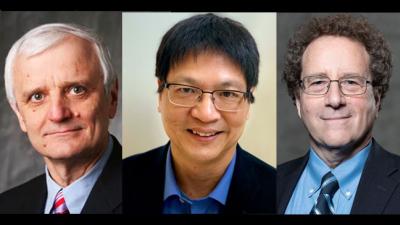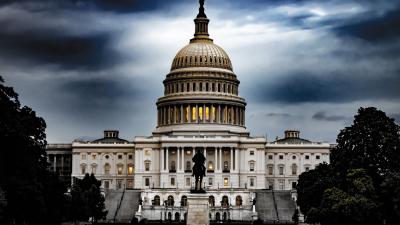Rensselaer Researcher Draws Insights from COVID-19 to Inform Improved Health Care in Times of Crisis
Among the many challenges that the COVID-19 pandemic presented, disruptions in health care were among the most impactful. The pandemic was large-scale, lasted over two years, and resulted in millions of hospitalizations and 1.2 million deaths in the United States alone. Meanwhile, routine medical services were affected by the pandemic: Patients avoided health care visits for fear of contracting the virus; stay-at-home policies left patients without routine care; and there was a limited supply of services.







